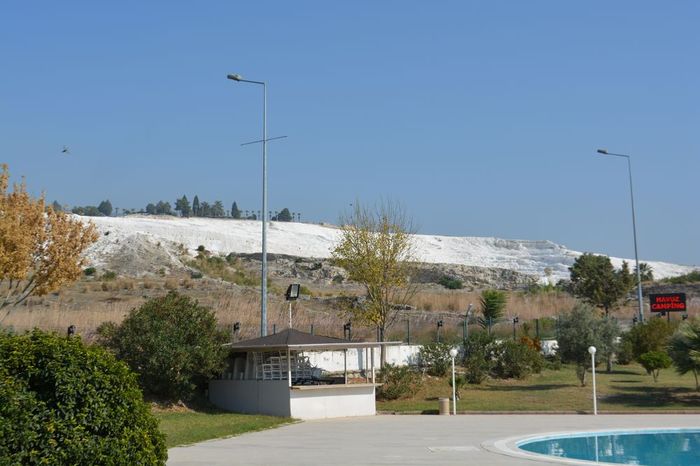Therefore he sent for Constantine, who was in charge of the royal falcons, and ordered him to take a kettledrum in the evening and walk about in the army beating it all through the night, and tell the soldiers that they were to get ready, as with the dawn the Emperor intended without giving any signal to engage the Scythians in battle. The Scythians moved from Polybotum to a place called Hades which they occupied, and pitched their camp in it. Thus from the evening before the Emperor was making his preparations, and when day broke he distributed the troops and drawing them up in phalanxes proceeded against the enemy.
But before the armies met and whilst each company was being drawn up into position, Neantzes ascended a hill close by in order to spy out the Scythian army, as he said, and bring the Emperor word of their disposition, but he did exactly the opposite. For in their own language he advised the Scythians to place their wagons in rows, and not to be at all afraid of the Emperor as he was another man as the result of his former defeat and disposed to flee because of his scarcity of troops and allies.
Descended the hill to the Emperor
After saying this he descended the hill to the Emperor. But a semi-barbarian who knew the Scythian language understood what Neantzes had said to the Scythians and came and reported it all to the Emperor. Neantzes was notified of this and demanded the proof ; whereupon the semi-barbarian boldly stepped forward and gave the proof.
On the spot Neantzes drew his sword and cut off the man’s head in the presence of the Emperor and the troops on either side. I imagine that Neantzes while wishing to exculpate himself from the suspicion of treachery, only brought more suspicion upon himself by slaying the informer. For why did he not wait for the investigation? However it seems as if in his desire to still in anticipation the tongue which would disclose his treachery, he ventured upon a most reckless deed, which was worthy of his barbaric soul, but just as suspicious as it was daring.
The Emperor did not immediately proceed against the barbarian nor punish him as he deserved but he restrained himself for the moment, though boiling with rage and indignation, so as not to scare away his prey in advance and spread dismay among his men. But he cherished and dissembled his anger against Neantzes, as from this happening as well as from other signs he had already divined the man’s treachery. The issue of the battle stood on a razor’s edge, and for this reason the Emperor restrained his boiling wrath for a while, for he was perplexed how to act for the best in the immediate present.
Read More about Eudocia 1067 part 26








